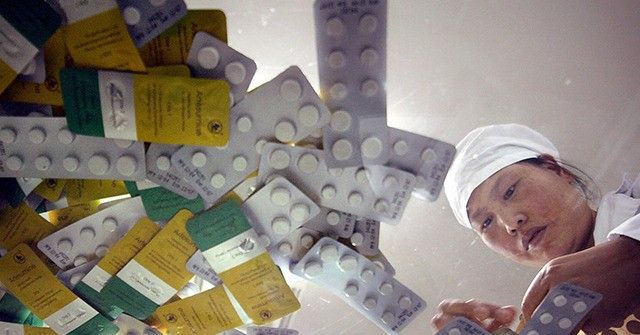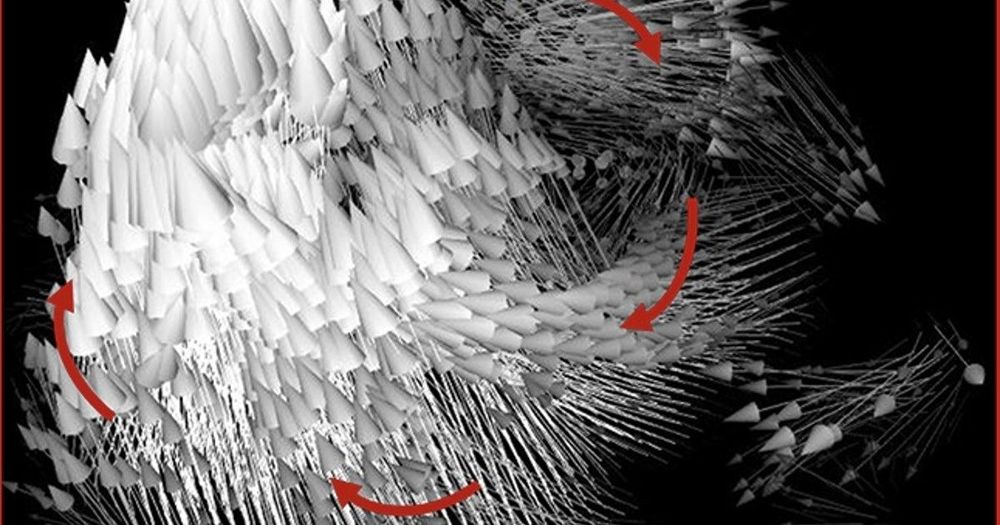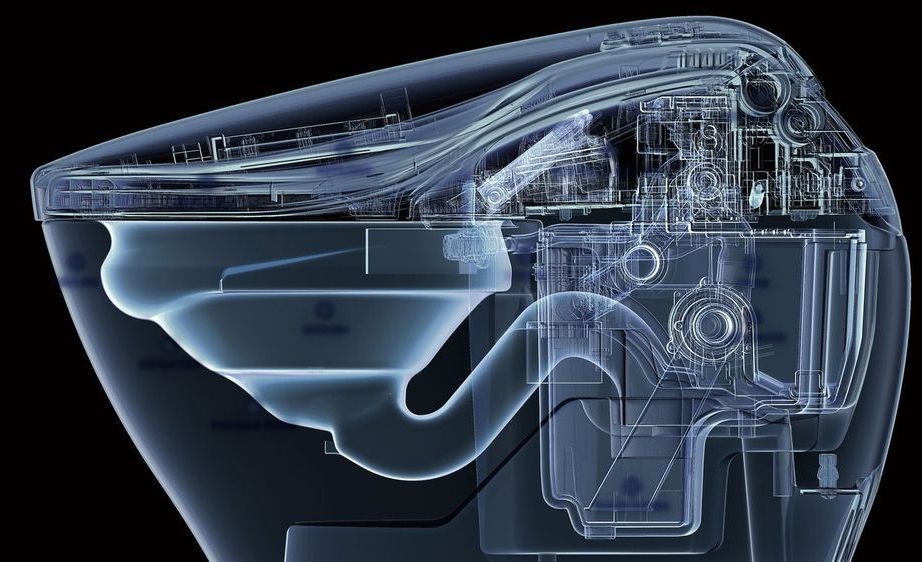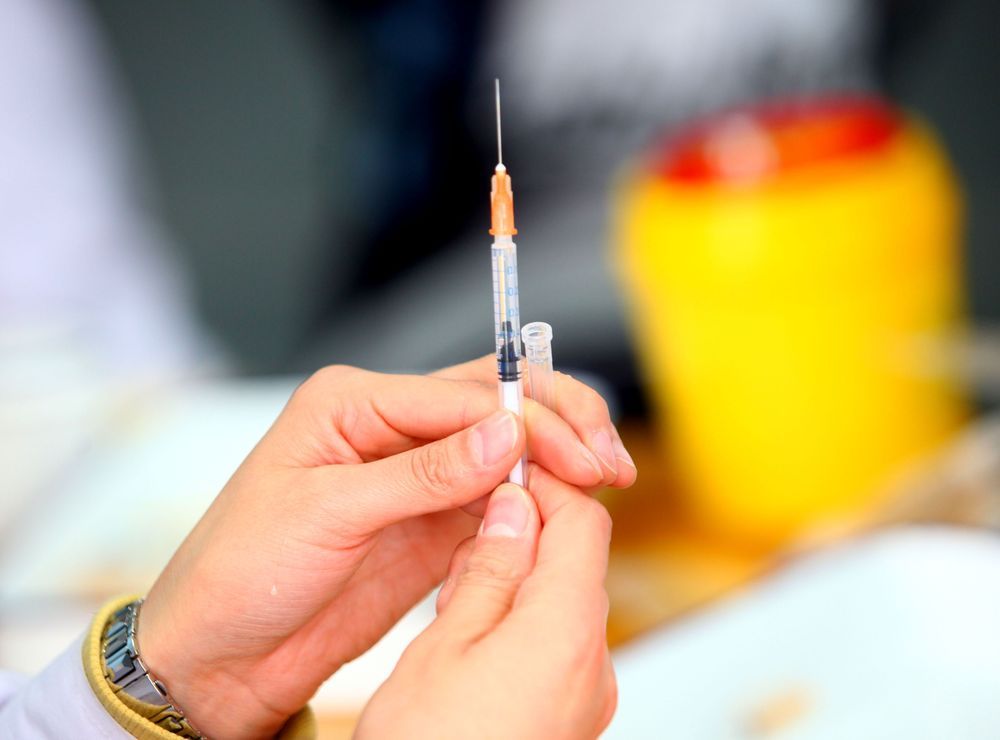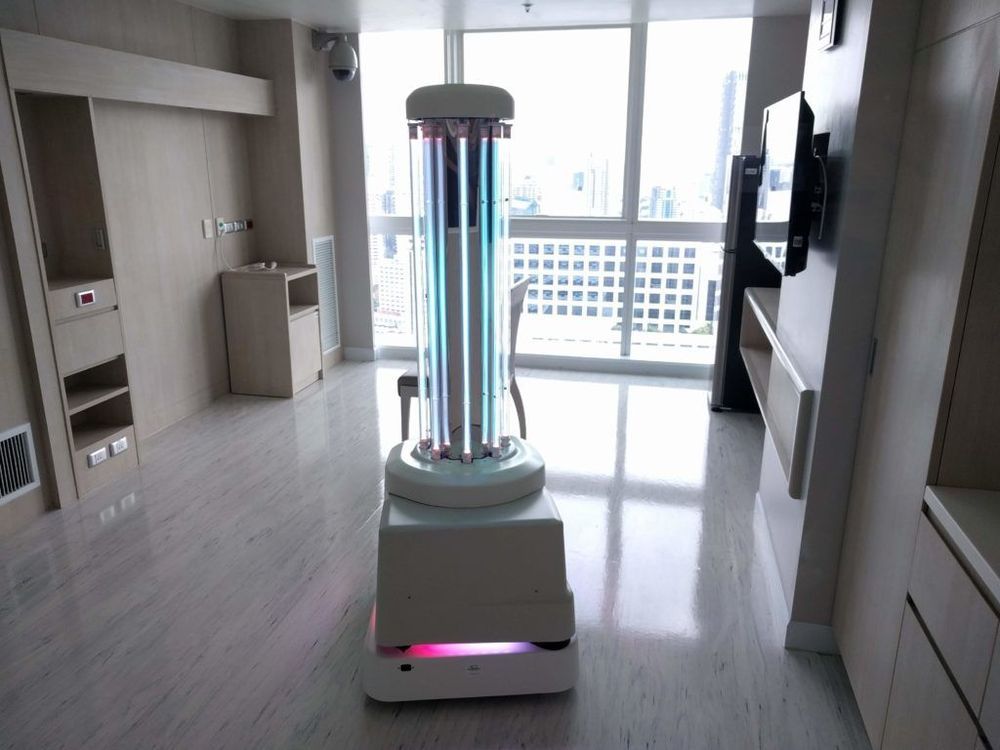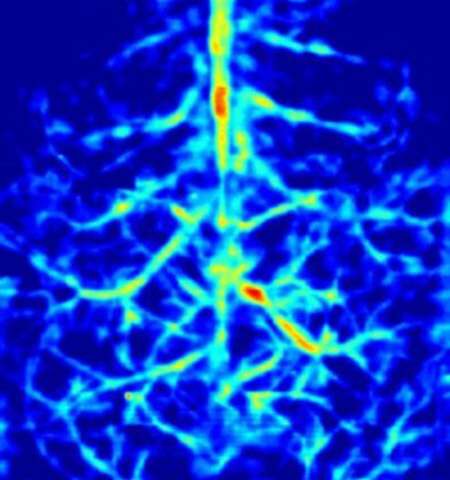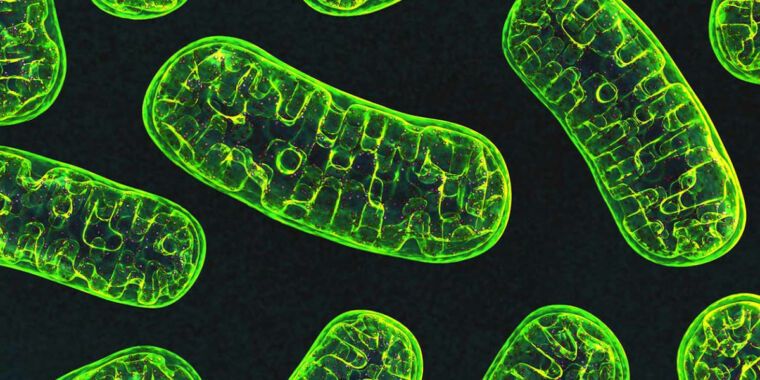Feb 27, 2020
Expert: China Has ‘Global Chokehold’ on Medicine, Can Shut Down Our Pharmacies, Hospitals in Months
Posted by Brent Ellman in category: biotech/medical
China could effectively shut down America’s healthcare system within months given the one-party state’s “global chokehold” on the manufacturing of medicines and medical supplies, explained Rosemary Gibson, author of China Rx: Exposing the Risks of America’s Dependence on China for Medicine.
Gibson, senior adviser at the Hastings Center, offered her remarks on Thursday’s edition of SiriusXM’s Breitbart News Tonight with host Rebecca Mansour and special guest host Ed Martin.
Mansour noted how the coronavirus outbreak in China has exposed America’s dangerous dependence on Chinese production of pharmaceutical and medical supplies, including an estimated 97 percent of all antibiotics and 80 percent of the active pharmaceutical ingredients needed for domestic drug production.
